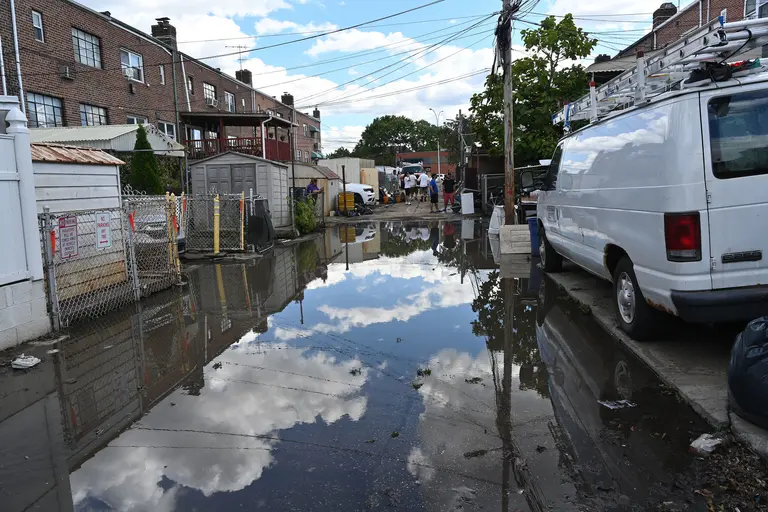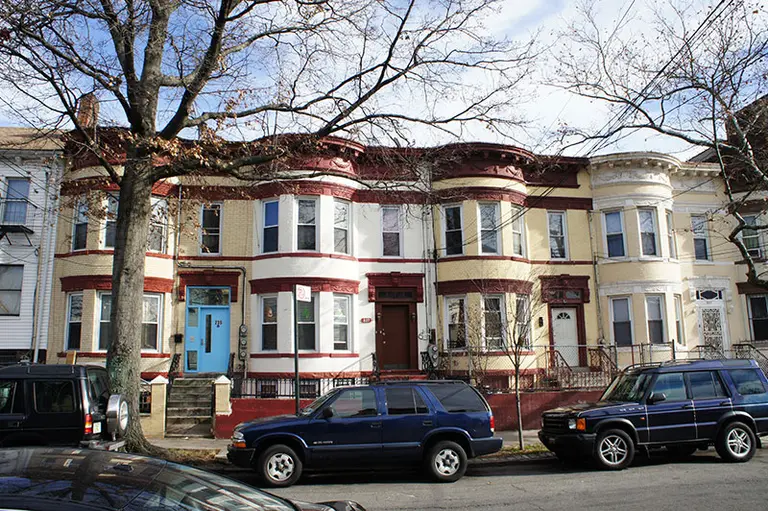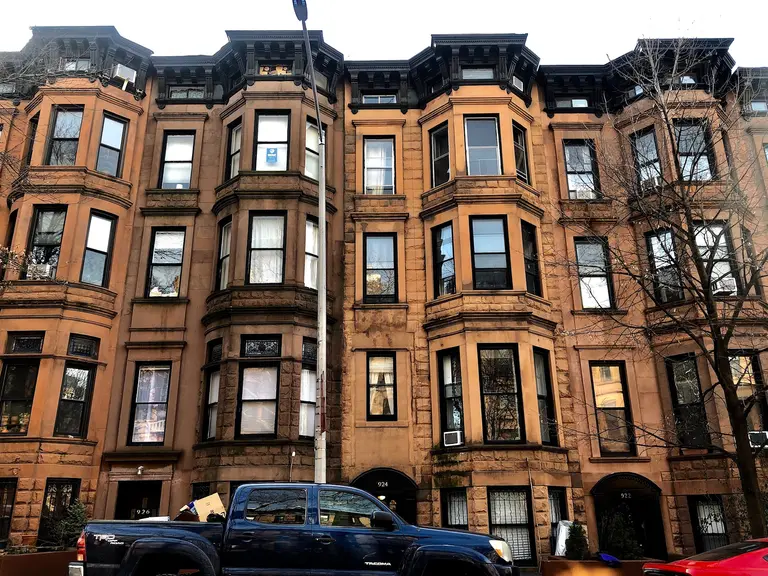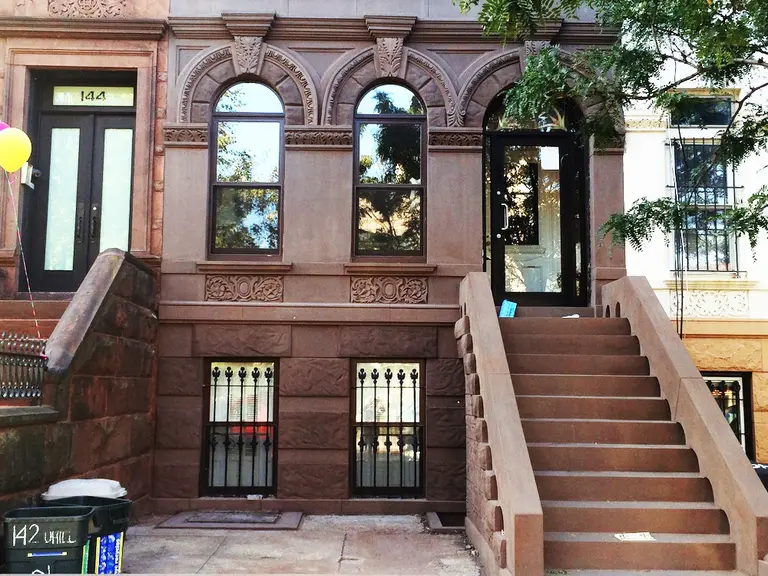September 3, 2021
This week, Hurricane Ida brought record rainfall and historic flash flooding to New York City, which ultimately led to the deaths of at least 13 New Yorkers. A majority of the people killed lived in basement apartments, where water was able to get in and block the only way out. These "hidden" units have always been prevalent in New York City, which is home to roughly 50,000 basement apartments, although that number is likely much higher as many of them are considered illegal.
The tragic events of this last week have renewed calls from advocacy groups and elected officials to legalize basement apartments to make them safe for the more than 100,000 New Yorkers who live in them. Ahead, learn about the difference between a legal and illegal basement apartment, what can be done to protect tenants, and what the future holds for these homes, seen as a critical component of the city's insufficient affordable housing stock.
More here










